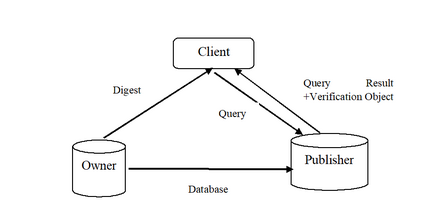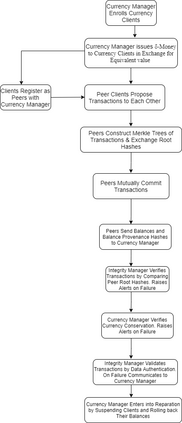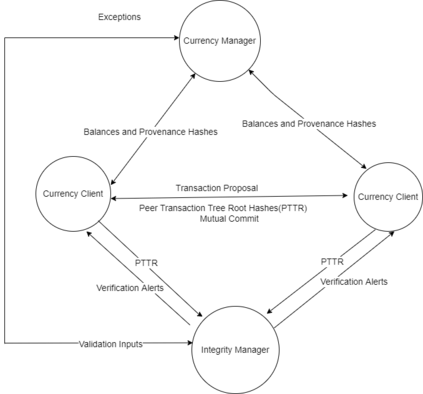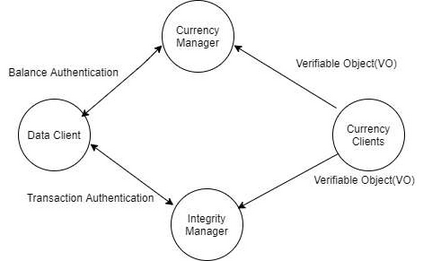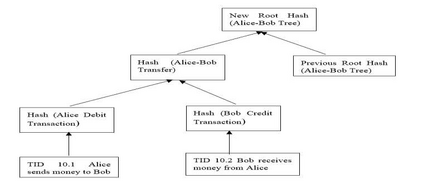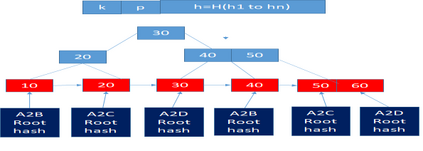In India, post the demonetization exercise in 2016, digital payments have become extremely popular. Among them, the volume of transactions using Paytm wallets and UPI (Unified Payment Interface) have grown manifold. The lockdowns due to COVID-19 Pandemic have furthered this trend. Side by side, crypto-currencies such as bitcoin are also gaining traction. Many countries are considering issuing a Digital Currency via their Central Banks. In this paper, we propose a novel Decentralized Digital Currency System (DDCS) that makes use of Merkle Hash-Trees as Authenticated Data Structures. DDCS uses a Ledger-less, distributed, peer-to-peer architecture. We name the proposed currency $\delta$-Money. $\delta$-Money is intended as a replacement for physical currency and has in-built security features that rival crypto-currencies. Transactions using $\delta$-Money happen in a disintermediated manner but with post-facto reconciliation. In place of Central Bank-issued Digital Currency (CBDC), we envisage a scenario where multiple Payment Banks issue digital currencies that have stable valuations without being subject to either volatility or perennial devaluation.
翻译:在印度,2016年驱魔后,数字支付活动变得非常流行。其中,使用Paytm钱包和UPI(统一支付界面)的交易量增加了。由于COVID-19大流行而关闭的账户推动了这一趋势。同时,比特币等加密软件也在增加牵引力。许多国家正在考虑通过中央银行发行数字货币。在本文件中,我们提议建立一个新型的分散式数字货币系统(DCDS),利用Merkle Hash-Trees作为认证数据结构。DDCS使用一个无铅的、分散的、同行对等的架构。我们点名拟议的货币为$\delta$-money。$\delta$-money是用来替代实物货币的,其固有的安全特征与密码对立。使用$delta$-money的交易以调解的方式发生,但与事后的对接。在央行发行的数字货币(CBCC)上,我们设想一个没有汇率波动的汇率稳定、没有汇率的假设。



